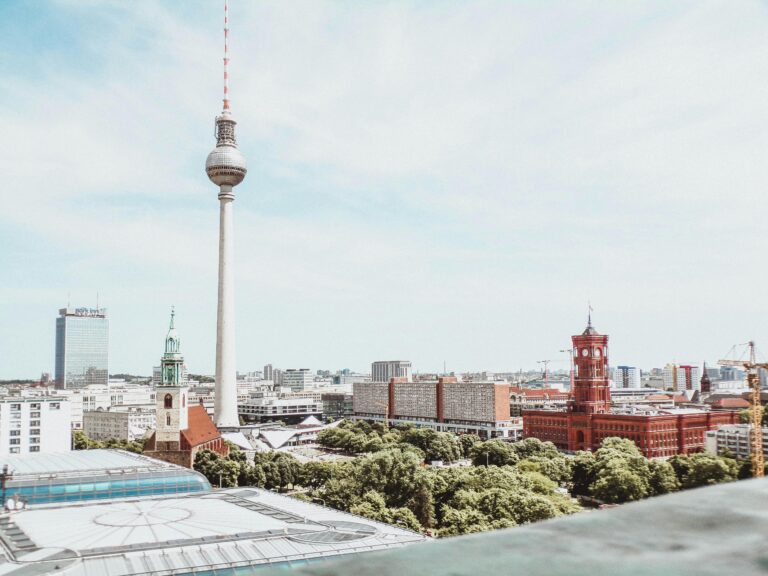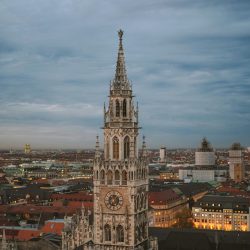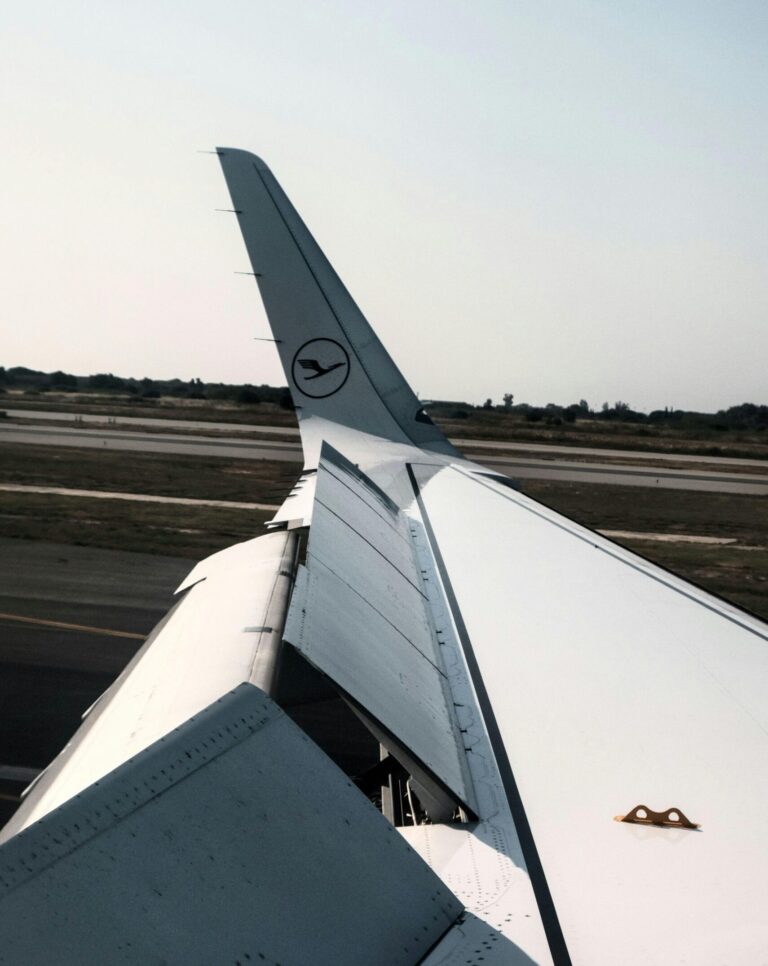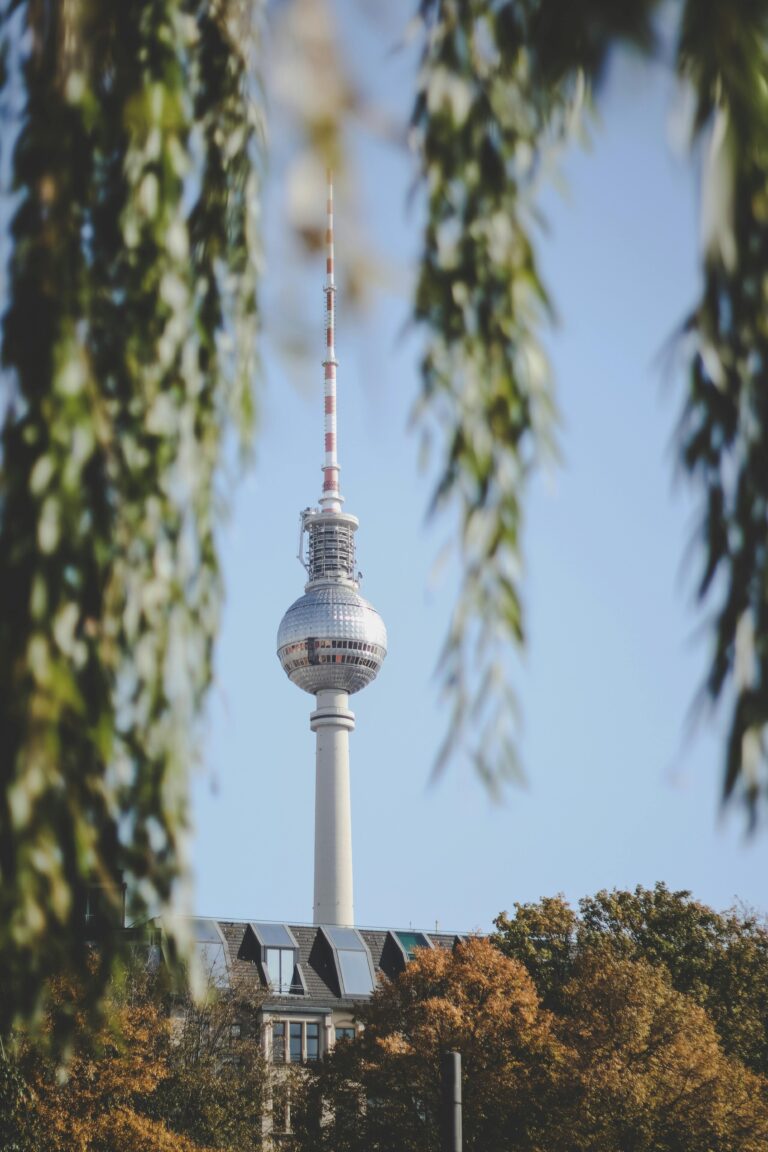Travel Guide
Germany
Germany is a country that effortlessly blends history, culture, and natural beauty. From medieval castles like Neuschwanstein to buzzing cities and fairytale forests, there’s something here for every traveler. Germany is my lovely home country, so I have many tips to share with you!
Whether you’re planning a short trip or a full Euro adventure, this guide will walk you through everything you need to know about safety, costs, hidden gems, visa requirements, cities to visit, and must-try German food.
Essential Germany Travel Information
Best Time to Visit Germany
May to September offers the best weather for sightseeing, hiking, and festivals. Spring (May) brings blooming landscapes, while October is ideal for Oktoberfest in Bavaria.
Recommended Travel Duration
10 to 14 days for a well-rounded experience. But depends on what you want so see!
Germany Travel Budget
€50/day (Budget), €80–120/day (Mid-Range).
Currency
Euro (€). As of June 2025, 1 USD ≈ 0.91 EUR.
Credit Cards & ATMs
Widely accepted across the country, but some restaurants and small shops prefer cash—sometimes in rural areas, but especially in Berlin. Always carry some euros in cash.
Transportation in Germany
Germany has one of the best public transportation systems in Europe. Use Deutsche Bahn trains, FlixBus/FlixTrain, or regional tickets like the Deutschlandticket (€49/month) for unlimited public, regional transport.
Basic German Phrases
Hallo – Hello; Danke – Thank you; Bitte – Please / You’re welcome; Entschuldigung – Excuse me.
How to Plan Your Trip to Germany: Best Tips & Itinerary
Germany is one of the most efficient and accessible countries to travel in Europe. Whether you’re hopping from city to city on the ICE train or road-tripping through the countryside, it’s easy to build a trip that balances history, nature, culture, and cuisine.
If it’s your first time, I recommend places like:
Berlin → Dresden → Munich → Neuschwanstein → Black Forest → Freiburg → Cologne.
For slower travel or nature lovers: Bavaria, Saxony, and Baden-Württemberg offer castles, mountains, and villages you won’t want to leave.

Best Time to Visit
Germany
Germany experiences all four seasons, and each one offers a different vibe.
I prefer Germany in June and September and love the balance of good weather and manageable crowds.
- Spring (April–June): Flowers bloom, crowds are light, and prices are reasonable.
- Summer (July–August): Best weather for hiking, lakes, festivals—but also the busiest.
- Fall (late September–October/November): Beautiful autumn colors and events like Oktoberfest and wine festivals.
- Winter (December–March): Visit for Christmas markets, snowy castles, and fewer tourists—just pack warmly!
Germany Travel Safety Tips: Avoid Pickpocketing & Stay Secure
Germany has a very low crime rate, especially in comparison to many global destinations. That said, always follow basic precautions:
Be aware of pickpockets in tourist areas like Alexanderplatz (Berlin) or Munich Central Station.
Avoid poorly lit areas late at night, especially in bigger cities.
Keep your belongings close on trains, especially overnight or regional ones.
Emergency services number is 112 for all situations.
Germany is one of the safest and easiest countries to travel solo in Europe. I explored and lived in both major cities and small villages on my own and felt safe everywhere.
Public transport is reliable, even late at night.
Hostels are social and clean, especially in cities like Berlin, Hamburg, and Freiburg.
Locals are generally respectful and helpful, even if English isn’t spoken perfectly everywhere.
Great solo-friendly hostels: Circus Hostel (Berlin), Five Elements (Frankfurt), Wombat’s City Hostel (Munich).
Best Places to Visit in Germany: Must-See Destinations
Germany offers a wide range of unforgettable places—whether you’re into nature, culture, or solo adventures. Here are some of the top destinations to add to your itinerary:
Berlin – Germany’s vibrant capital, packed with culture, history, and nightlife
Bavaria & Neuschwanstein Castle – Fairy-tale landscapes and iconic castles in southern Germany
Hamburg – A hip port city with canals, architecture, and creative energy
Heidelberg – Romantic old town and castle overlooking the Neckar River
Munich – The heart of Bavarian culture, beer gardens, and Oktoberfest
Dresden – Baroque beauty and rich history along the Elbe River
The Baltic Sea Coast – White-sand beaches, seaside resorts, and peaceful islands
Moselle Valley – Wine country, medieval castles, and picturesque riverside towns
- Rothenburg ob der Tauber – A perfectly preserved medieval town on the Romantic Road

Berlin
Germany

Munich
Germany

Dresden
Germany

Neuschwanstein
Germany
Want more tips? Check out my Germany Hidden Gems Guide or my 2-Week Germany Travel Itinerary!

Germany Visa & Entry Requirements: What You Need to Know
Germany is part of the Schengen Area, which means the visa and entry process is straightforward for many travelers. Here’s everything you need to know before booking your trip:
- Visa-free entry (up to 90 days) is available for citizens of the US, Canada, UK, Australia, New Zealand, Japan, and most European countries.
- If you're from a country that requires a visa, you'll need to apply for a Schengen Visa before your trip. This visa allows you to travel to 26 European countries for up to 90 days in a 180-day period.
- When entering Germany (even visa-free), you may be asked to show: Valid passport (must be valid for at least 3 months beyond your planned departure), Proof of onward travel (return flight or travel to another country), Sufficient funds (generally ~€45 per day), Proof of accommodation (like hotel or hostel bookings)
- No vaccinations or Covid-Tests are mandatory for entry into Germany (as of 2025).
Why You Should Travel To
Germany
Germany is often underrated as a travel destination, overshadowed by flashier neighbors like France or Italy. But in my experience, it’s one of the most rewarding countries to explore. If you’re looking for a country that combines old-world charm with modern efficiency, add Germany to your travel list!
- Castles and Palaces: Neuschwanstein, Heidelberg, Sanssouci, and more.
- Outdoor Adventures: Hike the Alps, swim in alpine lakes, or bike along the Rhine.
- Cultural Experiences: Classical music in Leipzig, beer festivals in Bavaria, Christmas magic in Nuremberg.
- Efficient Travel: With trains, buses, and well-marked trails, it’s incredibly easy to get around. However, Deutsche Bahn loves to be late.
Frequently Asked Questions
Germany is generally more affordable than countries like Switzerland, but it’s not a typical „budget travel“ destination.
Budget travelers can get by on €50–€70/day with hostel stays, public transport, and supermarket meals.
Major cities like Munich and Frankfurt tend to be pricier, while smaller towns offer better value.
Save money with regional train passes, free walking tours, and discount supermarket chains like Aldi or Lidl.
EU/EEA citizens can enter freely.
US, UK, Canada, Australia, and most Western countries can stay visa-free for up to 90 days in the Schengen Area.
From 2025, travelers from some countries will need to apply for ETIAS authorization (a quick online travel permit).
Make sure your passport is valid for at least 6 months and you have proof of onward travel if requested.
The official language is German, but English is widely spoken, especially in cities, tourist areas, and younger generations.
In rural regions, English may be limited—learning a few basic German phrases can be very helpful and appreciated!
Yes, Germany is one of the safest countries in Europe to visit.
Violent crime is rare, but pickpocketing can happen in crowded areas like train stations or festivals.
For solo female travelers, public transport and hostels are safe and reliable.
Stick to well-lit areas at night and always keep an eye on your belongings, especially in cities like Berlin or Hamburg.
Germany uses Type C and Type F plugs (Europlugs) with a standard voltage of 230V and frequency of 50Hz.
If you’re coming from the US, UK, or other non-EU countries, you’ll likely need a travel adapter.
Most European adapters will work fine in Germany.
Stay Connected & Never Miss an Adventure!
Love solo and sustainable travel? Sign up for my newsletter to get exclusive travel tips, packing guides, and inspiration straight to your inbox! Plus, follow me on social media for real-time adventures, behind-the-scenes moments, and travel updates. Let’s explore the world together! ✨✈️

